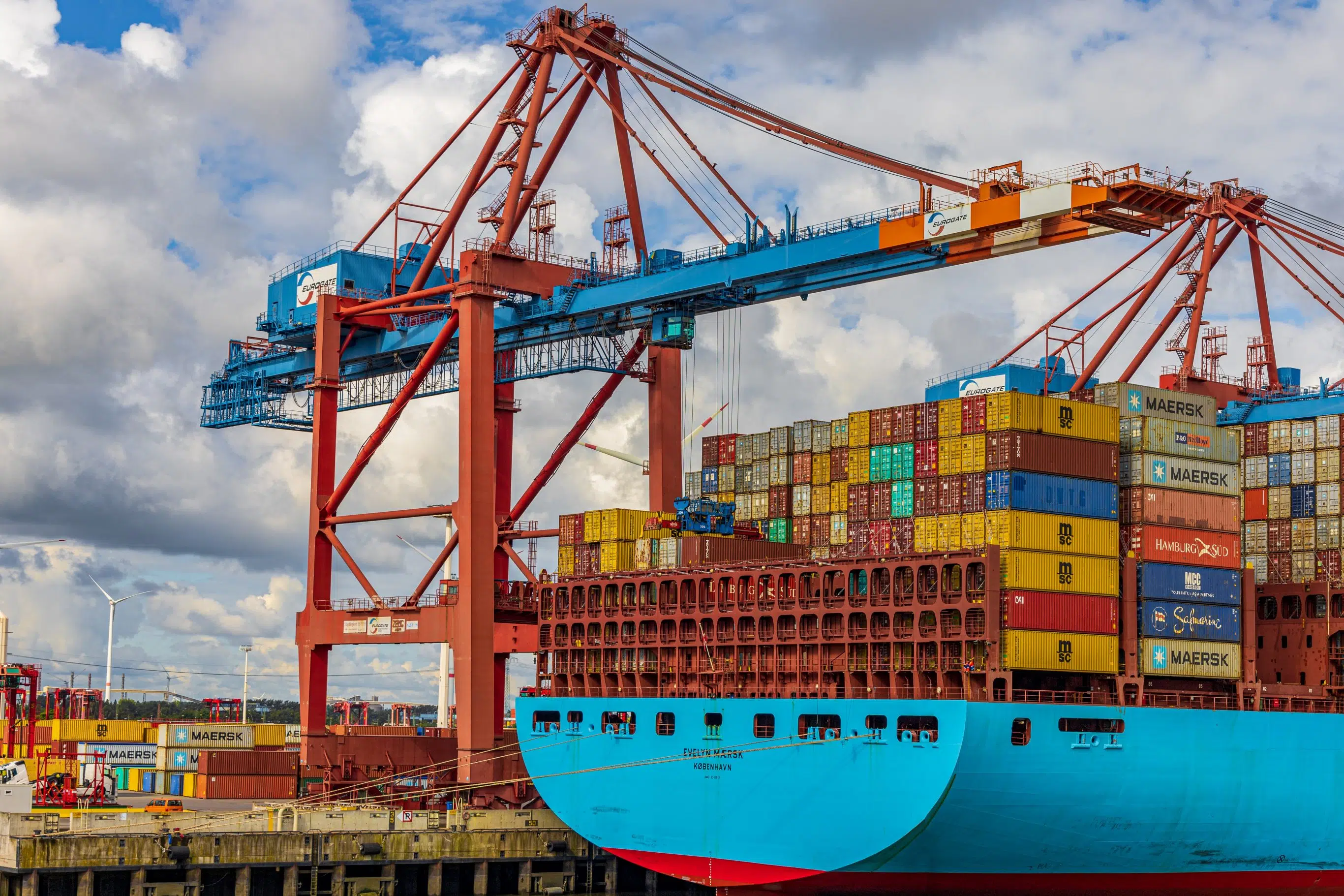A strike by thousands of port workers in British Columbia entered its fifth day on Wednesday.
With no end in sight to the job action, there is growing concern about the potential economic impact.
Jim Cormier with the Retail Council of Canada said retailers across the country are worried.
“These are the largest ports in Canada when it comes to the amount of supply that comes in,” Cormier said in an interview.
“When you think about it, so much of our product that Canadians consume comes from Asia so those west coast ports are vitally important.”
Cormier, who is director of government relations for the Atlantic region, said the impacts will be felt from coast to coast if the work stoppage continues.
When it comes to shipping a product, Cormier said the price will increase the longer it sits with a shipping company.
“For the product that’s already stranded, if they don’t have the ability to get it through an alternate route, maybe through the United States, then you end up paying more as the distributor, and then the retailer, and then ultimately the consumer,” he said.
“If it has to then go back on a ship, go down through to a U.S. port, go through customs, come through to Canada and through customs again, you’re dealing with extra trucking costs. All of those costs add up over time.”
Some retailers may be forced to look for different suppliers, but Cormier said there are costs involved in that as well.
The council is urging Ottawa to get involved by working with both sides to help them reach a negotiated settlement.
“The longer this goes on, the more that it will have an impact on consumers across the country,” said Cormier.







